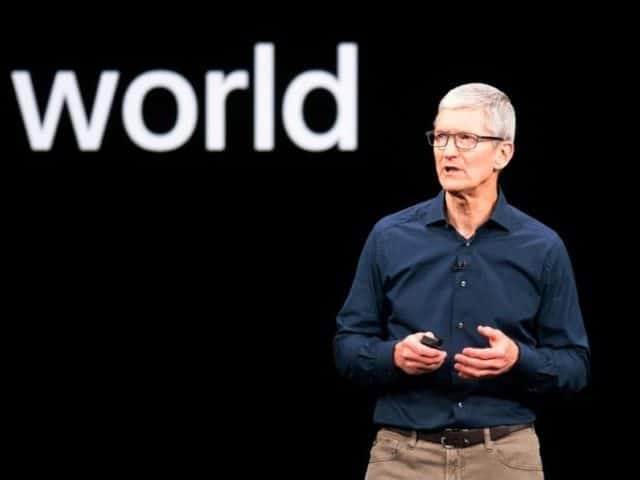
Bugs found in Alexa’s web services could have let hackers access voice recordings and personal data stored on Amazon’s servers. Some of the vulnerabilities could even let hackers remotely install Alexa Skills on someone else’s device without them knowing. Despite the severity of these flaws, you’re safe in this particular instance—but it’s a great reminder to please delete your smart speaker’s audio recordings already.
Amazon fixed the bugs and says there’s no evidence that any of these vulnerabilities were used, and Check Point’s head of product vulnerability research Oded Vanunu says the security flaws weren’t obvious and an attack would be difficult to execute, in a statement to Wired.
However, even if it’s unlikely that hackers broke in through these loopholes, the fact they existed at all confirms a point we often make: Digital assistants like Alexa are a privacy risk.
I’m not saying AI assistants aren’t worthwhile—Alexa, Google Assistant, Siri, and the smart devices they power undeniably make life easier—but they come with more responsibility than you might expect. Part of that responsibility includes regularly deleting your voice history.
Why you should make a habit of deleting smart assistant voice history
Even if you’re not worried about Amazon, Google, or Apple employees listening to your conversations, it’s impossible to know your data is safe from outside access.
It took a highly nuanced test attack from a cybersecurity firm for the flaws in Amazon’s Alexa web services to be spotted. It’s possible other flaws exist—whether in Amazon’s tech or the tech used by other companies—that companies are unaware of that could be exploited by malicious actors.
However, if there was little-to-no data stored in the first place, those hackers wouldn’t have much to steal from you. Fortunately, it doesn’t take much effort to delete your digital assistant voice recordings.
- You can set your Alexa or Google Assistant recordings to automatically delete after a specified length of time. Siri doesn’t do this, but Apple at least anonymizes recordings so they’re less of a privacy risk. Plus…
- It’s easy to manually delete your voice assistant history from Amazon, Apple, and Google at any time (that guide will also show you how to stop your conversations from being recorded at all, if available). You could set up these AI helpers to remind you when its time to manually delete your recordings.
- At the very least, make a habit of telling Alexa to delete recordings at the end of each day.
- Oh, and mute your smart speaker’s mic when you’re not using the device.
Whatever way you do it, make sure deleting your digital assistant’s voice history becomes a regular part of your data security upkeep.
























